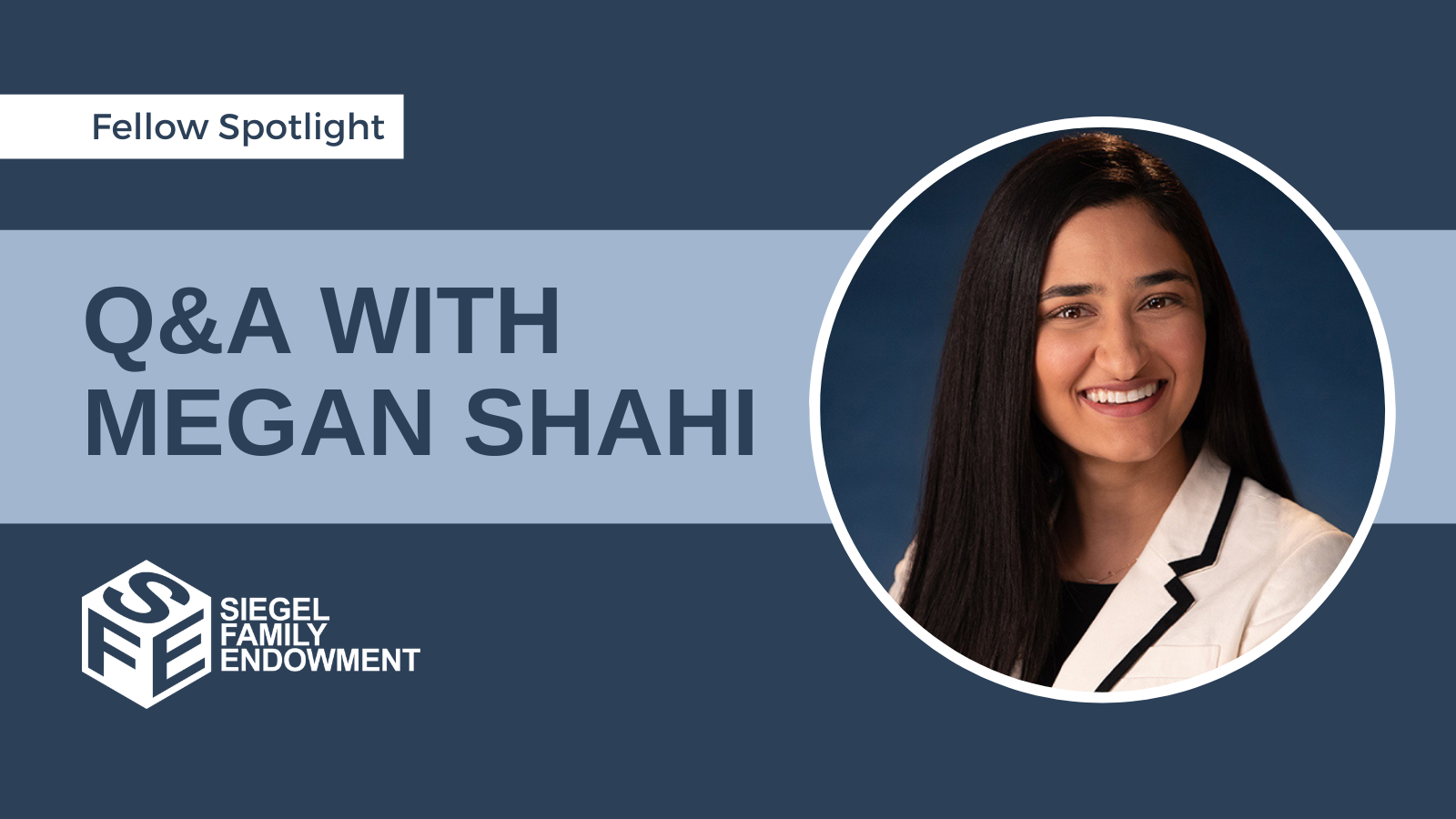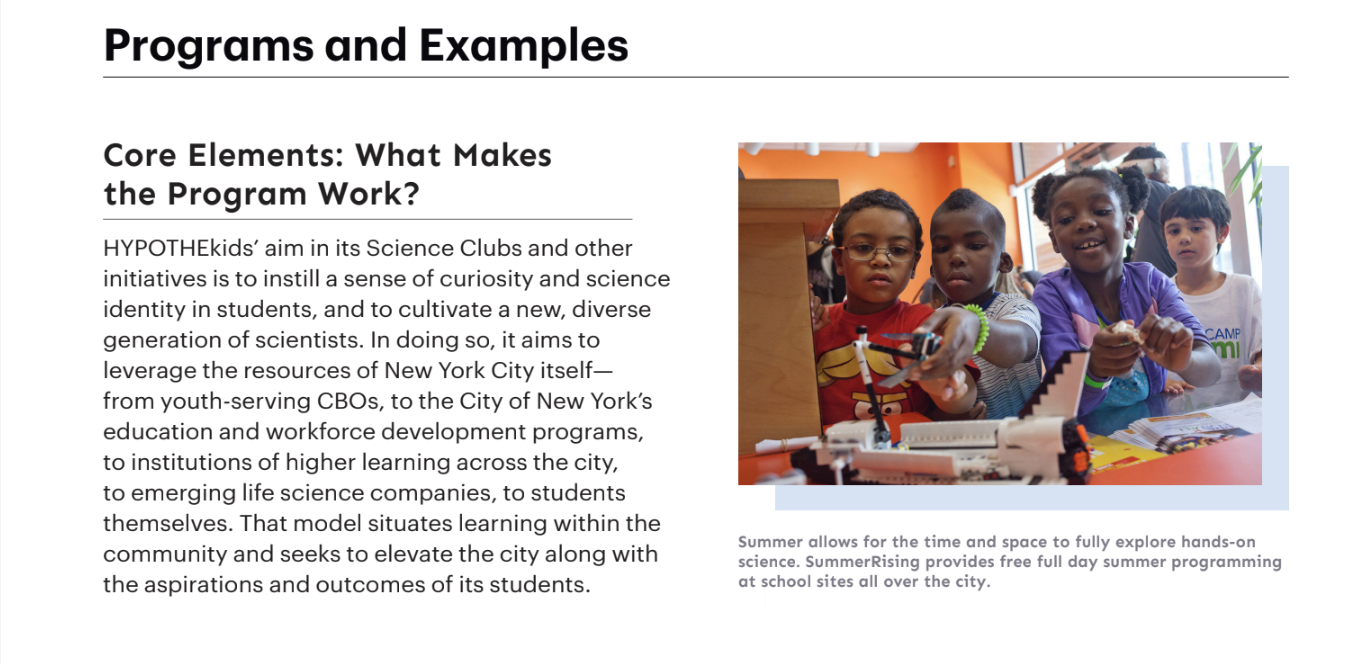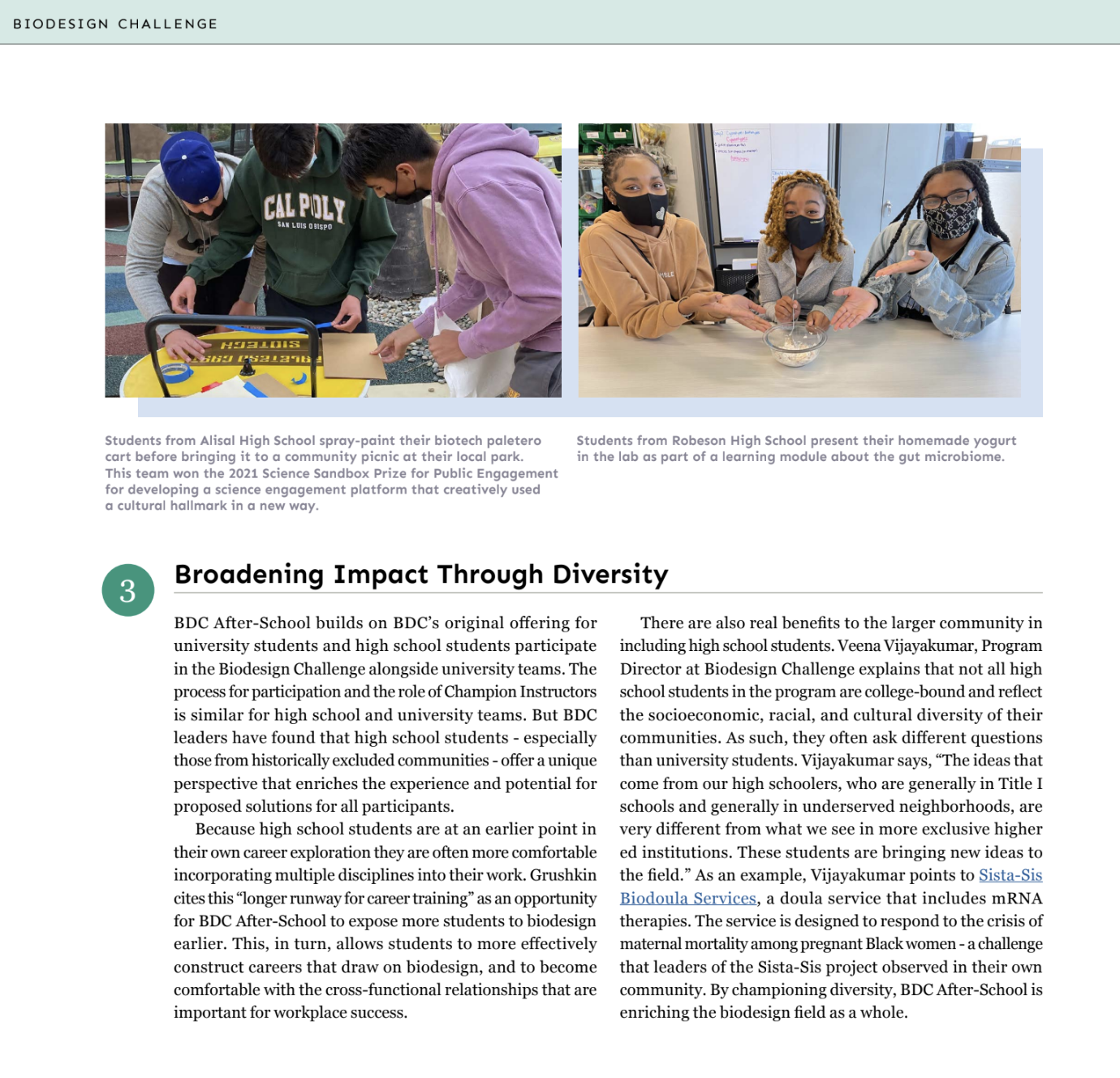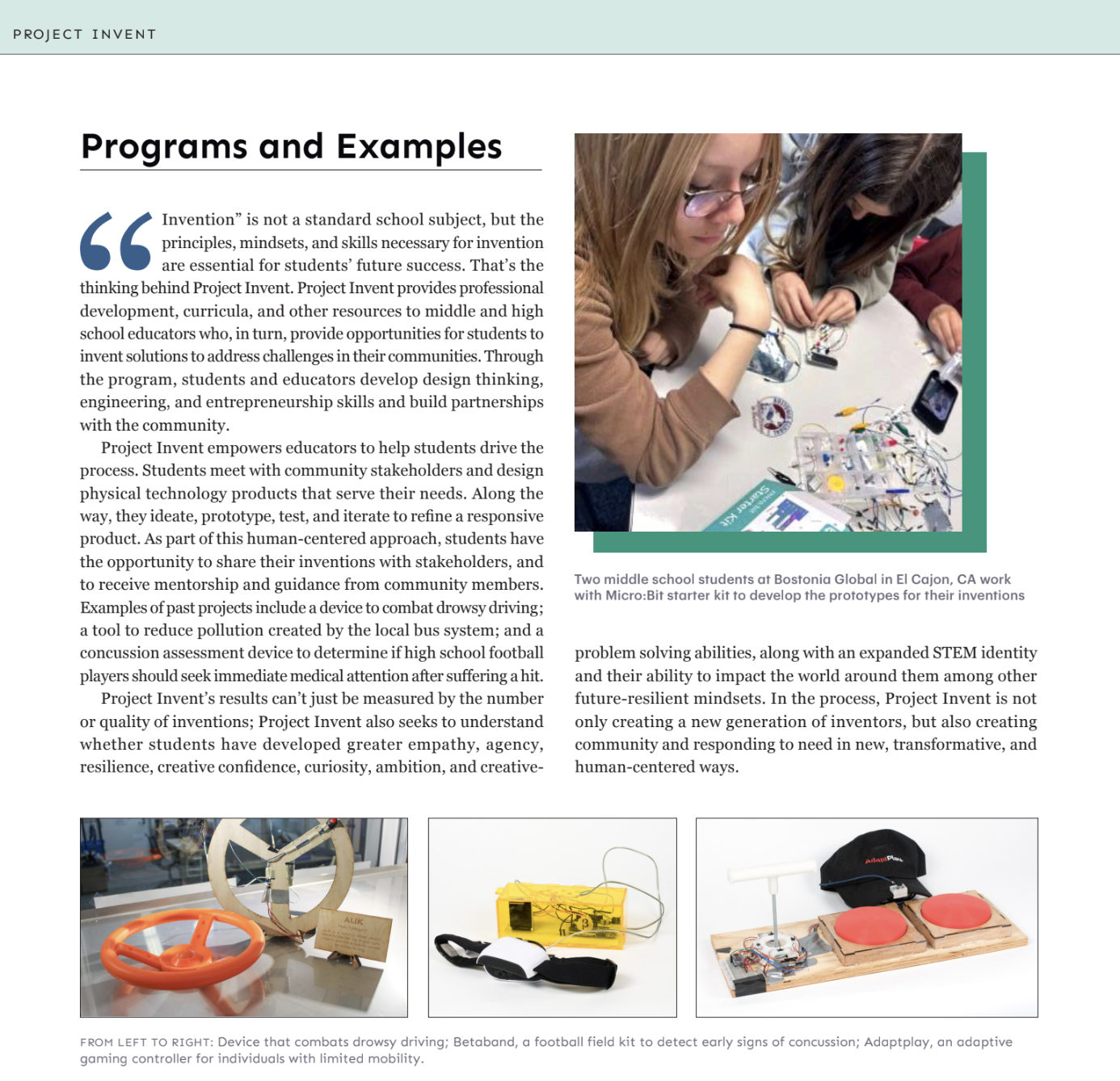Q&A with Siegel Research Fellow at All Tech Is Human Sara M. Watson
Siegel Research Fellow, Sara M. Watson, reflects on the importance of building a responsible tech ecosystem

Siegel Research Fellow, Sara M. Watson, reflects on the importance of building a responsible tech ecosystem

Siegel Research Fellow, Megan Shahi, reflects on why she’s urging tech companies to take concrete actions to protect democracy in 2024 and beyond.

Siegel Family Endowment is committed to advancing a vision of technological change that includes and improves the lives of all people. Explore our latest Public Interest Technology Case Study series where we examine the growing field through the lens of four of our grantees working at the forefront of the PIT movement.

build4good, an initiative of New America, matches promising college students in technology-related majors with nonprofit organizations that have technology-specific project needs.

Govern For America (GFA) addresses a talent crisis in government by building a pipeline of young, diverse emerging leaders to serve in public sector positions.

Public interest technology is an emerging field of practice dedicated to ensuring that new technologies are developed and deployed responsibly and sustainably, and serve the public interest. In order to help establish the field and advocate on behalf of its key principles, the Public Interest Technology Universities Network (PIT-UN) fosters collaboration across more than 60 universities and colleges committed to growing a new generation of civic-minded technologists.

TechCongress powers better policymaking and public discussion around technology by bringing technological expertise to the halls of Congress. It does so by placing computer scientists, engineers, and other technologists as fellows in congressional offices, where they advise on everything from AI to digital privacy.

Our latest case study highlights how HYPOTHEkids uses hands-on science with young people to open pathways and identities that spark curiosity, help them see themselves as scientists, and go
on to engineer a better future.

Our latest case study highlights how Biodesign Challenge encourages students to explore ways that biotechnology and biodesign principles and processes can be leveraged to address some of the world’s most pressing problems. In doing so, Biodesign Challenge is equipping a new generation of leaders with enduring and frontier skills and mindsets that they will need in order to contribute substantially to emerging industries.

Project Invent offers design thinking, engineering, and entrepreneurship professional development opportunities
to middle and high school educators across subject areas. With this training, educators lead their students to identify a real problem in their community and invent a technology solution. Project Invent empowers students with 21st-century skills to succeed individually and impact globally, through invention.

We sat down with Last Mile’s founder and CEO, Ruthe Farmer, to discuss the practical challenges that college students from low-income backgrounds face, Last Mile’s “abundance approach,” and what industry and higher education can do to better support students in their last mile.